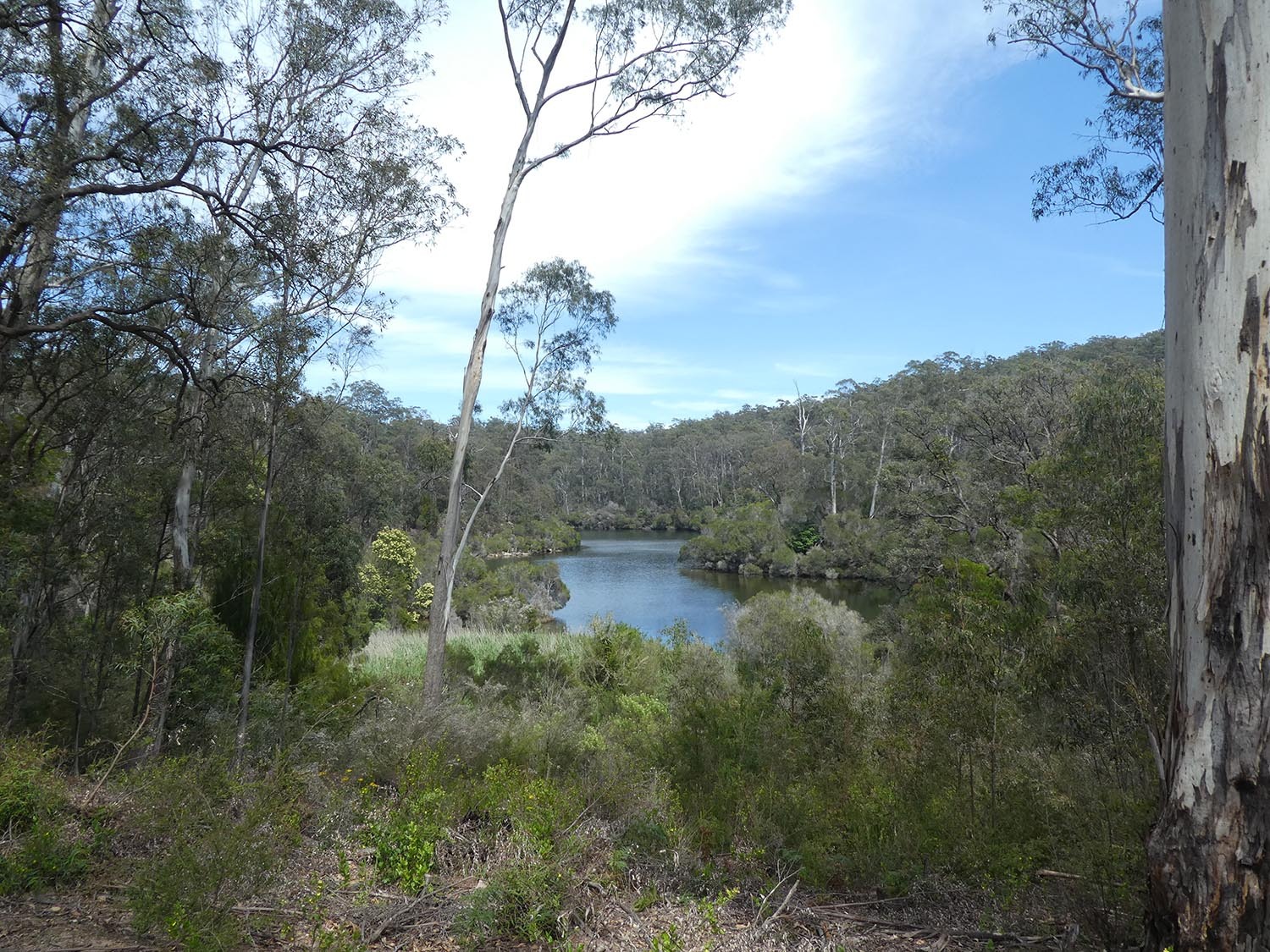Despite devastating fires, far East Gippsland remains an environmentally unique region in Victoria, with many habitats, plants and animals found here and nowhere else in the state. The forests house a full suite of fauna and flora, from the ground to the sky. Based on assessments so far more than 170 rare or threatened species of plants and animals have had at least 50 per cent of their known habitat burnt.
At least 31 covenants have been impacted by fire in East Gippsland and we will work with these land-holders as they restore habitat over the following months and years. Encouragingly there are patches of unburnt areas on properties that have been affected. Also thousands of hectares across private and public land in East Gippsland forests haven’t been directly impacted by the fires. It is really important that we continue to partner with landholders to protect more private land because they are critical in looking after remaining refugia. Properties that have been burnt can still be considered for protection.
We are working on two projects supported by the Victorian Government—Iconic Estates and Ark Link— within an area of East Gippsland. They enable us to work with landholders to protect more forest and help existing covenantors manage pests, weeds and install fencing. These properties will be more critical than ever in helping recovery efforts. One property we are working with the landowners to covenant, and thankfully wasn’t burnt, is particularly special because it is adjacent to a state forest and is a valuable breeding site for the threatened White-bellied Sea Eagle. It is also home to the Sugar Glider and the nationally threatened Greater Glider which live in hollows in large trees such as the Mountain Grey Gum.
Covenantors are role models of what it takes to manage the land for conservation. The fires have been devastating but forests will recover and Trust for Nature will be there to work with landholders to help restore habitat and monitor regeneration.
For information about projects in the East Gippsland region contact our Senior Conservation Officer Brett Mills on (03) 8631 5888 or brettm@tfn.org.au.
